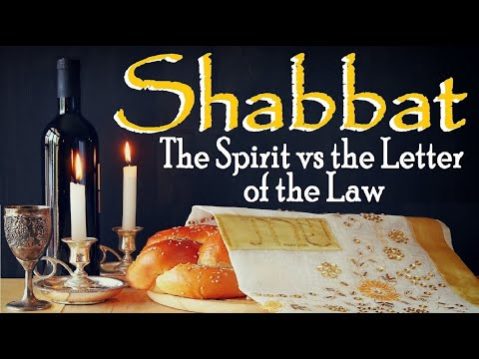Welcome to Edvice! By purchasing our preparation materials and guidance services, you agree to the following terms and conditions
1. Services Provided
Edvice offers access to preparation materials and guidance services designed to assist you in preparing for exams administered by a member of the National College Credit Recommendation Service (NCCRS).
2. Exams
Please note that the exams are administered independently by one of the members of the NCCRS. Edvice does not have control over the content, scheduling, administration, or outcomes of these exams. Our role is limited to providing guidance and preparation materials to assist in your exam readiness.
3. Payment and Refund Policy
All purchases of preparation materials and guidance services are final. Fees paid are non-refundable under any circumstances, including but not limited to your decision not to take the exams, failure to pass the exams, or any changes in your personal circumstances.
4. Limitation of Liability
Edvice shall not be held liable for any direct, indirect, incidental, or consequential damages resulting from the use or misuse of the preparation materials or guidance services provided. You assume full responsibility for the use of these materials and the outcomes of any exams taken. Edvice does not guarantee any specific results, including the successful passing of exams.
5. No Warranties
Edvice provides access to preparation materials and guidance services "as is" and without any warranties, express or implied. By agreeing to these terms, you acknowledge that you have not relied on any warranties, guarantees, or representations made by Edvice.
6. Confidentiality
We respect your privacy. All information exchanged during the course of this service, including personal details and study materials, will be kept confidential and used only for the purposes of providing our services.
7. Governing Law
These terms and conditions shall be governed by and construed in accordance with the laws of [Your State/Country], without regard to its conflict of laws principles.
8. Force Majeure
Edvice is not liable for delays or failures caused by events beyond our control, such as natural disasters, technical issues, or other unforeseen circumstances.
9. Acceptance
By clicking "I Agree," you confirm that you have read, understood, and agree to be bound by these terms and conditions.
Back to sign up








